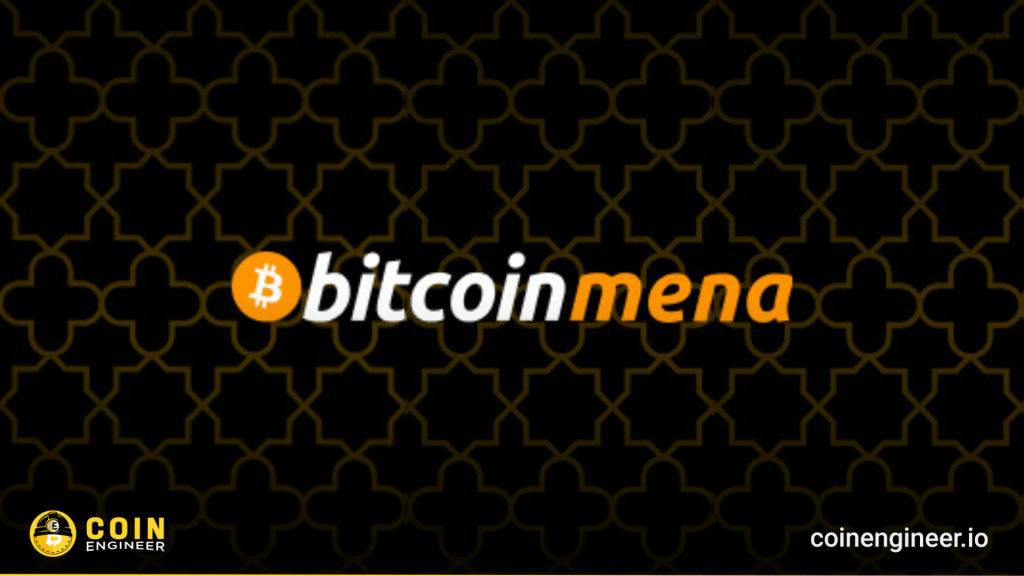Web3 professionals listed the crypto trends in the Middle East as talent, capital, Shariah-compliant services, and dirham-pegged stablecoins.
According to industry leaders, the United Arab Emirates (UAE) is positioning itself as a global hub for blockchain and cryptocurrency innovation, driven by key trends such as Shariah-compliant services, dirham-pegged stablecoins, and international talent migration.
At the recent Bitcoin MENA and Abu Dhabi Finance Week events held in the UAE, crypto professionals discussed the key trends shaping the future of the industry in the Middle East.
A “Springboard” for Crypto Adoption
Vranjes described the UAE as a launchpad for blockchain projects, highlighting its regulatory clarity compared to other jurisdictions.
Vranjes said:
“Our expectation for this market is that it’s going to move much faster.”
“This market’s going to leapfrog ahead in global rankings really quickly.”
Vranjes emphasized that the country has managed to attract the right talent, pointing out the influx of talent from London, India, and the Asia-Pacific region.
“When you get the right people, the right companies, and the right regulatory framework, this is the combination for success,” Vranjes added.

Shariah-Compliant Crypto Services
The demand for Shariah-compliant crypto services is another significant trend, particularly for decentralized finance (DeFi).
Islamic finance prohibits interest-based lending and focuses on profit-sharing agreements. Lenders and borrowers share investment risks, with both parties sharing their losses and profits.
Bendjemil stated that Shariah compliance is “one of the most important narratives for the Middle East right now,” not only for Bitcoin but also for DeFi.
The Core DAO executive noted that it opens up new opportunities for members of the Muslim community.
“Shariah compliance will unlock many possibilities for many people in the Islamic world and probably beyond, because projects will be ethically aligned.”
Bendjemil mentioned that this is a “recurring demand” in the Middle East, and many developers are already crafting solid strategies for complying with Shariah law.
In September, Bybit introduced a Shariah-compliant crypto account catering to investors seeking alignment with Islamic law.
Dirham Stablecoins and Making Bitcoin Legal Tender
Zurawinski highlighted the potential impact of dirham-pegged stablecoins, noting that they could strengthen the UAE’s local payment infrastructure.
On October 18, a stablecoin issuer received the first approval from the UAE Central Bank for a stablecoin pegged to the UAE dirham.
Zurawinski said, “This shows the emphasis on the local payment method, which is fundamentally the dirham, unlike the US dollar or Bitcoin being legal tender.”
Zurawinski noted that it might take some time for the country to adopt Bitcoin as a recognized means of payment. However, he added that this does not overlook the fact that the UAE is “setting an example of how innovation should look.”
You can also freely share your thoughts and comments about the topic in the comment section. Additionally, don’t forget to follow us on our Telegram, YouTube, and Twitter channels for the latest news and updates.


